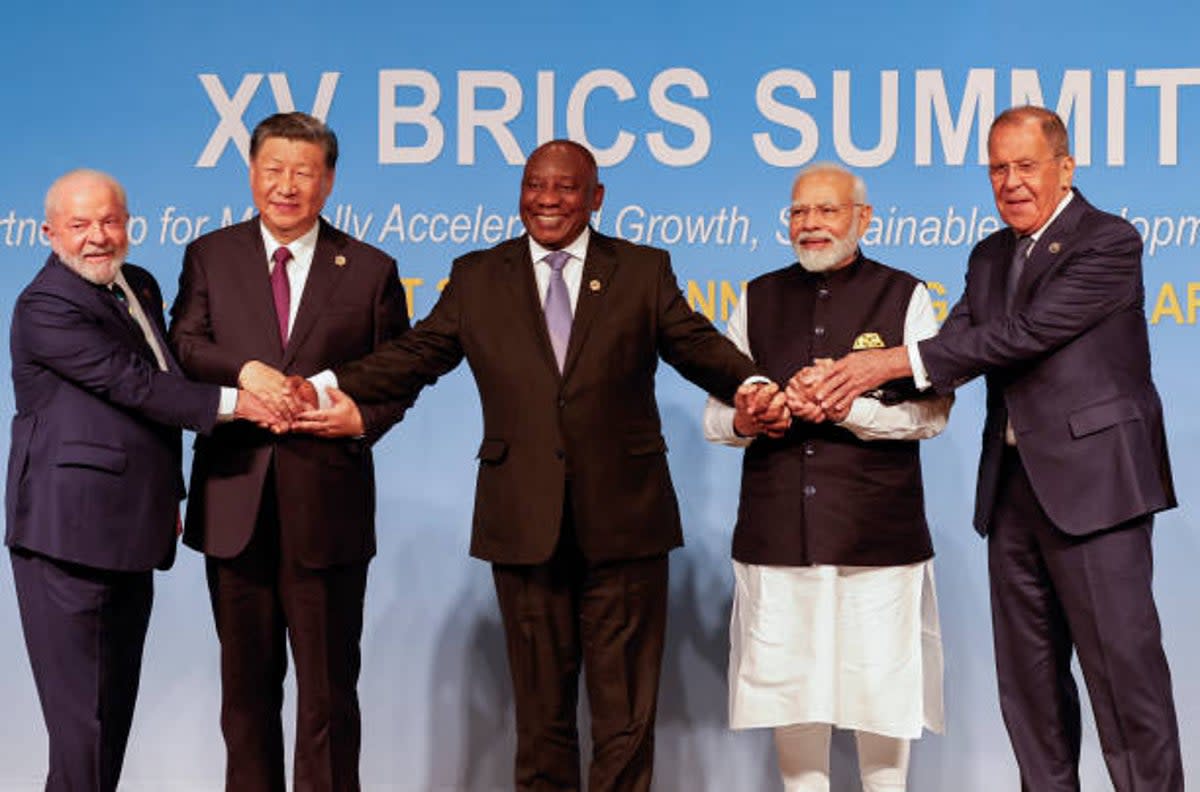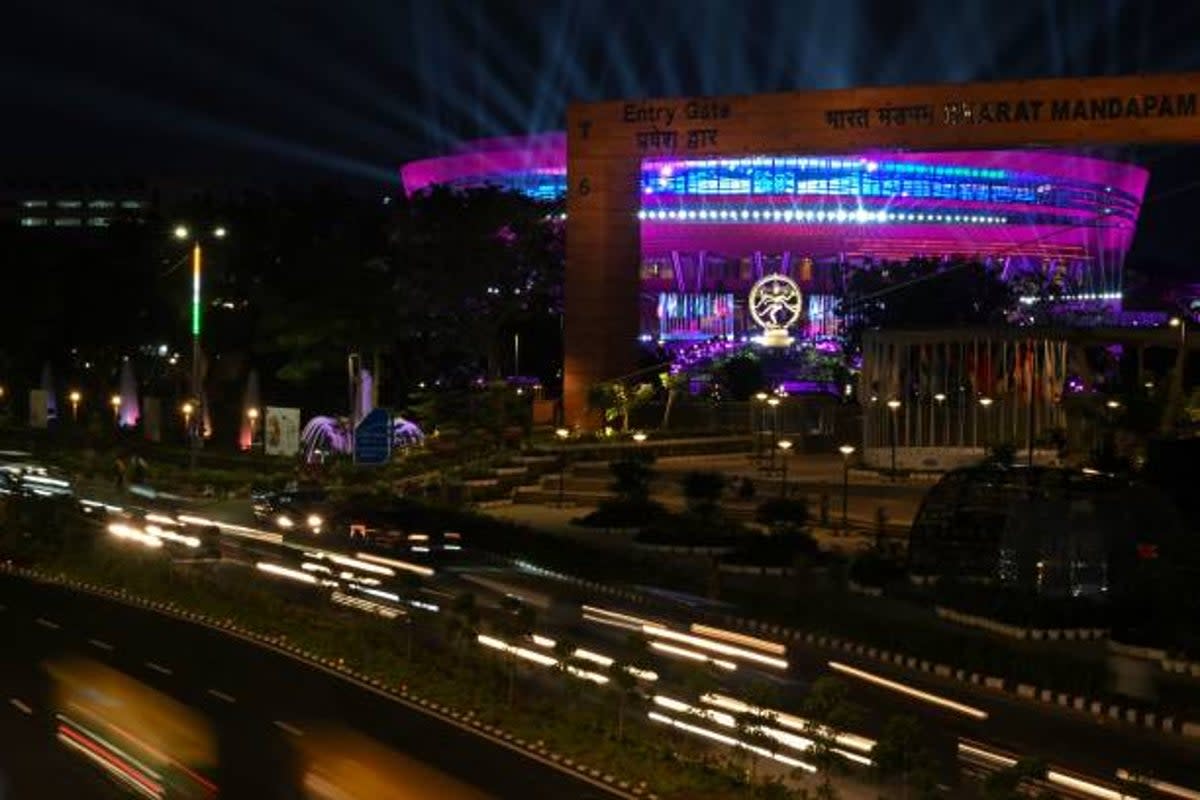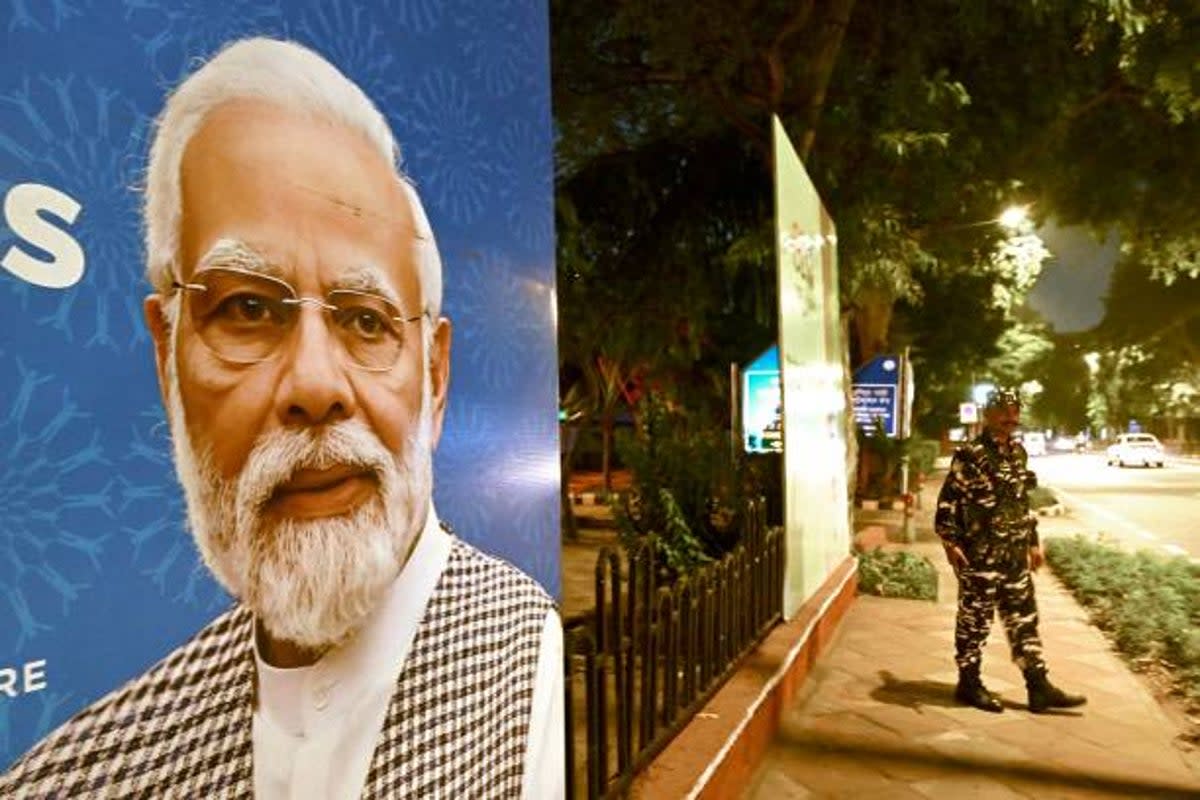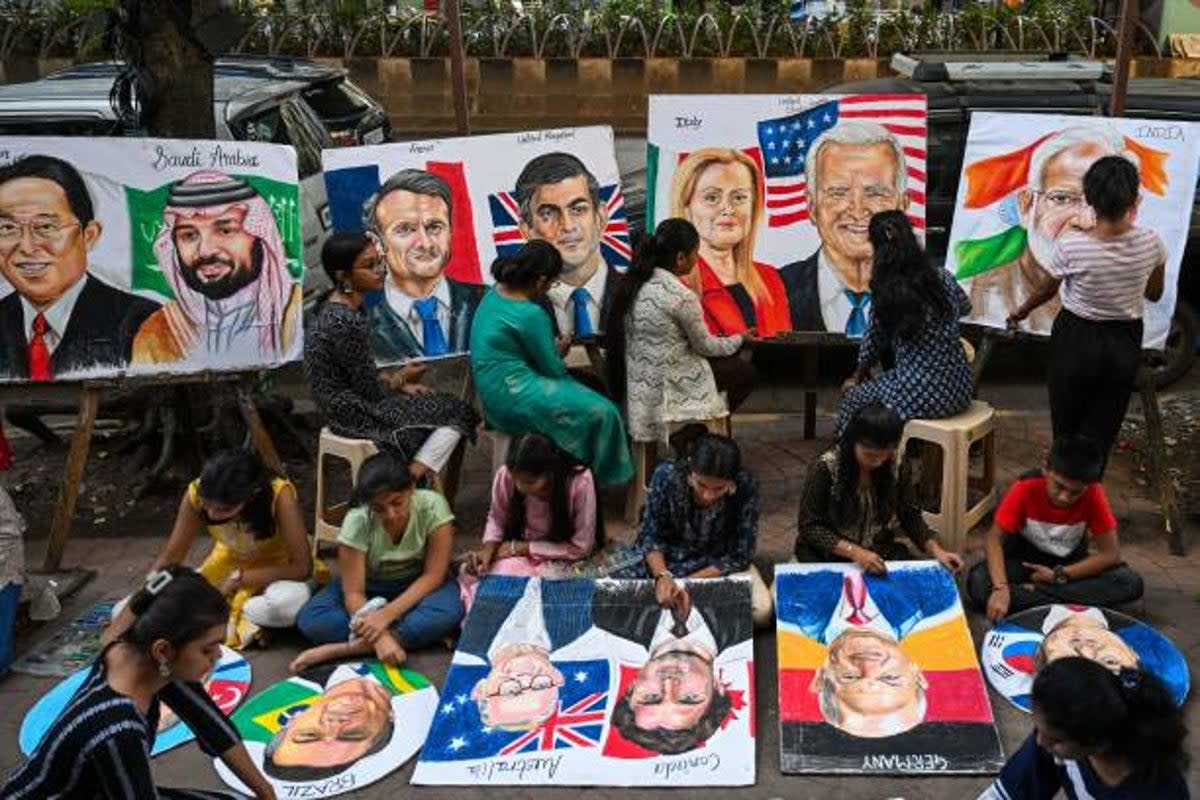G20 summit: Will China spoil India’s moment in the international limelight?
As the stage is set for the G20 summit beginning Saturday in New Delhi, there are concerns that Xi Jinping’s China could use this opportunity to get back at India, a country with which it is engaged in an active border dispute.
Xi missing the G20 leaders’ summit of the world’s largest economies on 9 and 10 September for the first time in his more than a decade in power will definitely not go unnoticed by world leaders.
Even during the pandemic, the Chinese president attended the G20 hosted by Italy in 2021 virtually as he avoided foreign travel. This year, instead, his premier Li Qiang will lead the Chinese delegation to “make the G20 summit a success”, the Chinese foreign ministry said.
Xi joined his ally Russian president Vladimir Putin in skipping the summit organised under prime minister Narendra Modi’s leadership, who is leaving no stone unturned to show India’s readiness as a rising geopolitical and economic force.
The rare absence of Xi from the summit has set off a frenzy in news cycles across the world, with international observers offering conflicting interpretations.
While the most obvious interpretation has been China’s snub to India amid tremulous border ties, the speculations have ranged from domestic economic troubles and the reflection of widening division between the west and the east due to the Ukraine war.
It is China that will suffer the biggest loss with his no-show at the premier international forum of world leaders, experts say, with a diminished spotlight on Beijing.
Xi’s absence “has raised questions about China’s reliability as a partner in multilateral proceedings”, Sana Hashmi, a fellow at Taiwan-Asia Exchange Foundation, tells The Independent.
“This also closes a window for resolving differences, as meeting Chinese leaders on platforms where China doesn’t perceive its centrality could become more challenging.”
Xi embarked on his third term this year, becoming the most powerful leader since Mao Zedong to emerge as a global statesman and reinvigorate Beijing’s influence on the world stage.
But notwithstanding his commitment, Xi has scaled back on foreign visits, only leaving China twice this year in comparison to around 14 times per year before the Covid-19 pandemic. In August, he travelled to South Africa for the Brics summit.

A lot has happened in the days leading up to the G20 summit between India and China.
Modi and Xi held informal talks on the sidelines of Brics in his first publicised meeting since border tensions in the Himalayas for the past three years. During their meeting, both leaders agreed to “expeditious disengagement and de-escalation" along the disputed border.
But later a diplomatic row broke out after China issued a map featuring several Indian territories, as well as a wide swathe of the South China Sea, and Taiwan, sparking protests from six other nations.
He last came to India a year before the India-China border dispute in 2019 and met Modi for their “informal summit”.
Carl-Johan Carlstedt, an intelligence and security analyst with geopolitical advisory firm Dragonfly, says there could be two reasons for the “diplomatic snub”.
“First, China appears to be downgrading its participation in forums that it deems to be dominated by the US and its allies. And second, China is now playing the role of spoiler against countries or forums that it sees as aligning themselves with the US.”

“China will continue to act as a spoiler against India and others, especially when they participate in western-led forums, security partnerships or initiatives that China deems as running counter to their strategic objectives,” he says.
US national security adviser Jake Sullivan said China has ample opportunity to play a “spoiler” in India’s presidency but urged it to play a "constructive role".
“If China wants to come in and play the role of spoiler, of course, that option is available to them,” he said.
Swaran Singh, professor for disarmament, School of International Studies, Jawaharlal Nehru University, says Xi’s presence was important for both bilateral relations and for the platform as China is the world’s second largest economy.

“It definitely has an impact now. How much that impact is, that remains to be seen because another way of looking at such multilateral meetings is that nations take positions, nations decide who will be representing them. China is participating,” he says.
“But I also understand that President Xi’s presence would have made a difference not just for the G20 level, but also because so much happens on the sidelines in all these multilateral meetings.”
Jonah Blank, senior political scientist at RAND, says: “Xi may well be trying to throw shade at Modi, but he’s the one who’ll be out of the spotlight. The G20 is much bigger than any one member."
“Xi’s absence won’t harm India’s G20 presidency – indeed, it may boost India’s stature. Without Xi present, prime minister Modi will have more of the focus on his own priorities."
Xi’s absence is also an opportunity missed for any kind of thaw in Sino-India relations.

“There are always expectations from such possible visits that this could lead to certain major initiatives, just like President Biden’s visit to India is also expected to lead to certain initiatives fast forwarding some of the things that India and the US are planning,” Singh says.
“So yes, at a bilateral level, there were expectations that things could have changed much faster but those things perhaps will take longer time.”
“On questions whether India’s presidency will have results, this is an ongoing process and India still has 81 days after the summit meeting where the presidency continues.”
